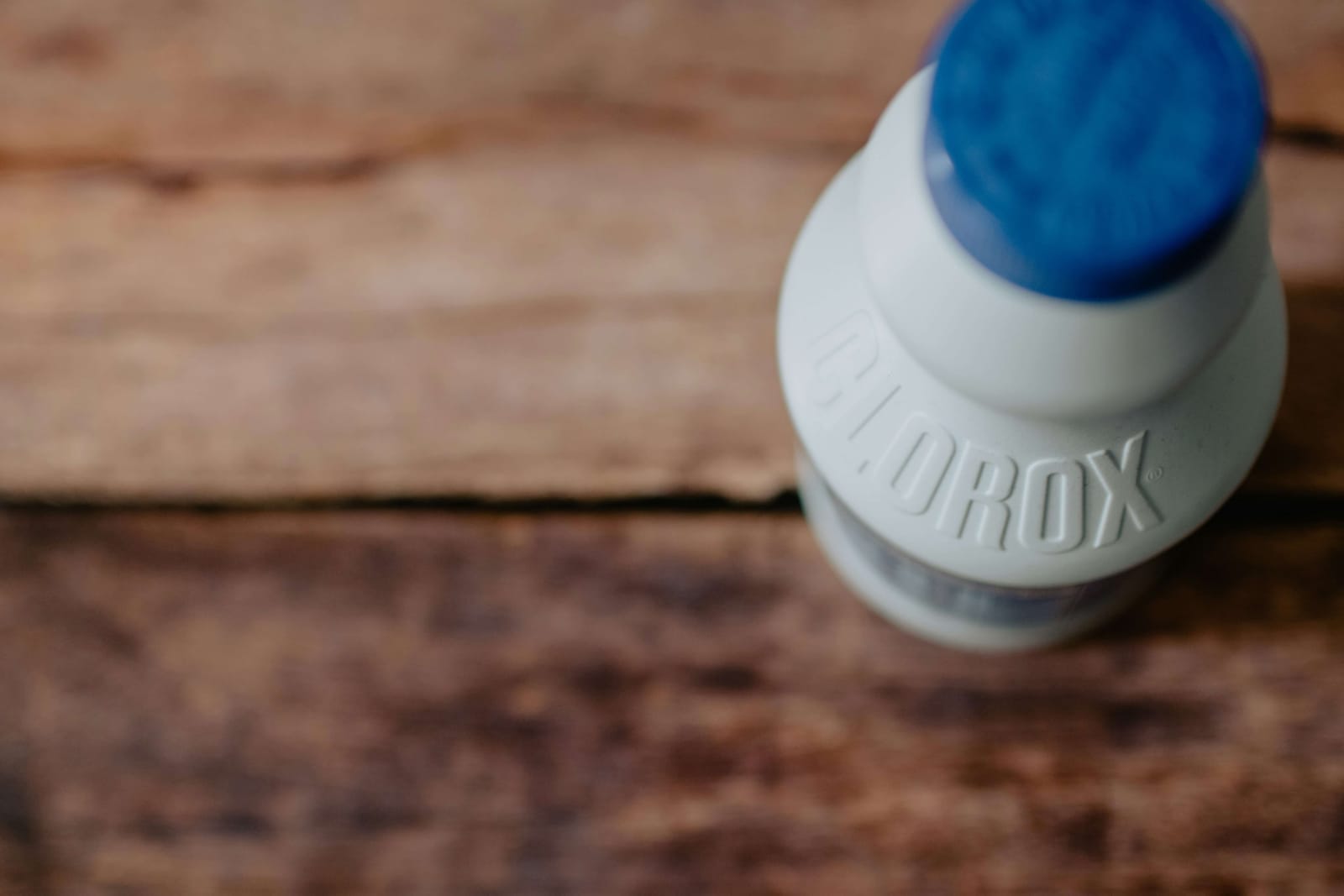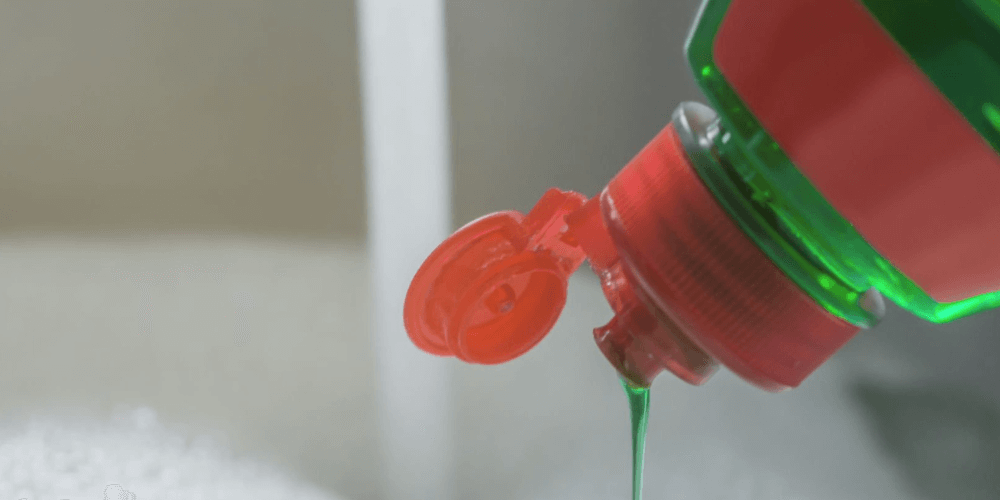Dish soap is a household essential, but have you ever thought about the safety and environmental impact of the product you’re using daily? While many dish soaps are marketed as effective cleaners, some contain toxic chemicals that can pose health risks or harm the environment. Let’s explore key concerns about dish soap safety, toxicity, and eco-friendliness to help you make informed choices.
Are Dish Soap Fumes Toxic?
Dish soaps generally have low volatility, meaning they don’t release large amounts of fumes. However, certain heavily fragranced products or those containing harsh chemicals can emit fumes that may irritate the eyes or respiratory system, particularly in poorly ventilated spaces.
Are Dish Soap and Hand Soap the Same?
Dish soap and hand soap may serve similar purposes but differ significantly in formulation. Dish soap is designed to cut through grease and food residue, often containing stronger surfactants, such as sodium lauryl sulfate, which may be too harsh for the skin with prolonged use. Hand soap, on the other hand, is milder and formulated to maintain skin moisture.
Are Dish Soap and Dish Detergent the Same?
While they’re often used interchangeably, dish soap and dish detergent have some distinctions. Dish soap (or liquid dish soap) is typically used for handwashing dirty dishes, while dish detergents are formulated for dishwashers. Dish detergents are non-foaming and designed to clean effectively in dishwasher cycles without creating suds.
Are Dish Soap Bottles Recyclable?
Most dish soap bottles are made of recyclable plastic, typically HDPE (high-density polyethylene) or PET (polyethylene terephthalate). However, check your local recycling guidelines, as some facilities may require you to remove labels or rinse bottles before recycling.
Are Dish Soaps Toxic?
Not all dish soaps are created equal. Many dish soaps contain chemicals like sodium lauryl sulfate, phthalates, and artificial fragrances, which can irritate the skin, eyes, or respiratory system. Eco-friendly options often replace these with natural ingredients, making them safer for both users and the environment.
Look for:
- Plant-based surfactants
- Biodegradable ingredients
- Non-toxic certifications (such as EWG Verified or EPA Safer Choice)
Which Dish Soap Is Least Toxic?
If you’re seeking a non-toxic dish soap, opt for brands that prioritize natural ingredients and avoid harsh chemicals. Popular brands such as Puracy dish soap and Dr. Bronner’s offer gentle dish soaps that are effective without harmful additives.
How Conventional Dish Soap Differs from Eco-Friendly Alternatives
Conventional dish soap is widely used for its powerful cleaning abilities, but it often comes with ingredients like synthetic fragrances, phosphates, and harsh surfactants. These can irritate the skin, harm the environment, and leave residues on your dishes. While conventional dish soap may offer strong grease-cutting power, eco-conscious users are increasingly turning to safer options.
Choosing the Best Dish Soaps
The best dish soaps don’t just clean effectively—they also prioritize health and sustainability. Look for eco-friendly products with plant-based ingredients and minimal synthetic additives. Brands like Puracy, Method, and Seventh Generation balance performance and environmental safety, making them ideal for long-term use. By swapping out conventional options for greener alternatives, you can protect both your family and the planet.
FAQ Section
Can bar soap be used to clean dishes in place of dish soap?
Yes, bar soap can be used in emergencies, but it is not as effective as liquid dish soap when cutting through grease. Bar soap may leave residue and is not formulated to provide the same cleaning power for washing dishes.
What makes Dawn dish soap and Palmolive dish soap popular?
Dawn dish soap and Palmolive dish soap are known for their superior grease-fighting properties. Both brands are formulated to tackle tough messes and keep dishes clean with minimal effort.
How do natural dish soaps compare to conventional options?
Natural dish soaps are designed to be eco-friendly, often containing plant-based surfactants and biodegradable ingredients. While they may be slightly less effective on stubborn grease compared to conventional brands, they are gentler on the skin and the environment.
Can other dish soaps work as well as Dawn dish soap?
Yes, many other dish soaps, including eco-friendly brands like Puracy and Method, can effectively clean dishes. However, some may require additional scrubbing when dealing with heavy grease.
Final Thoughts
Your dish soap choice affects more than just your dishes—it impacts your health and the environment. By choosing safer, less toxic options and properly recycling your dish soap bottles, you can make a small but meaningful difference. Next time you reach for dish soap, read the label and opt for eco-friendly alternatives whenever possible.



